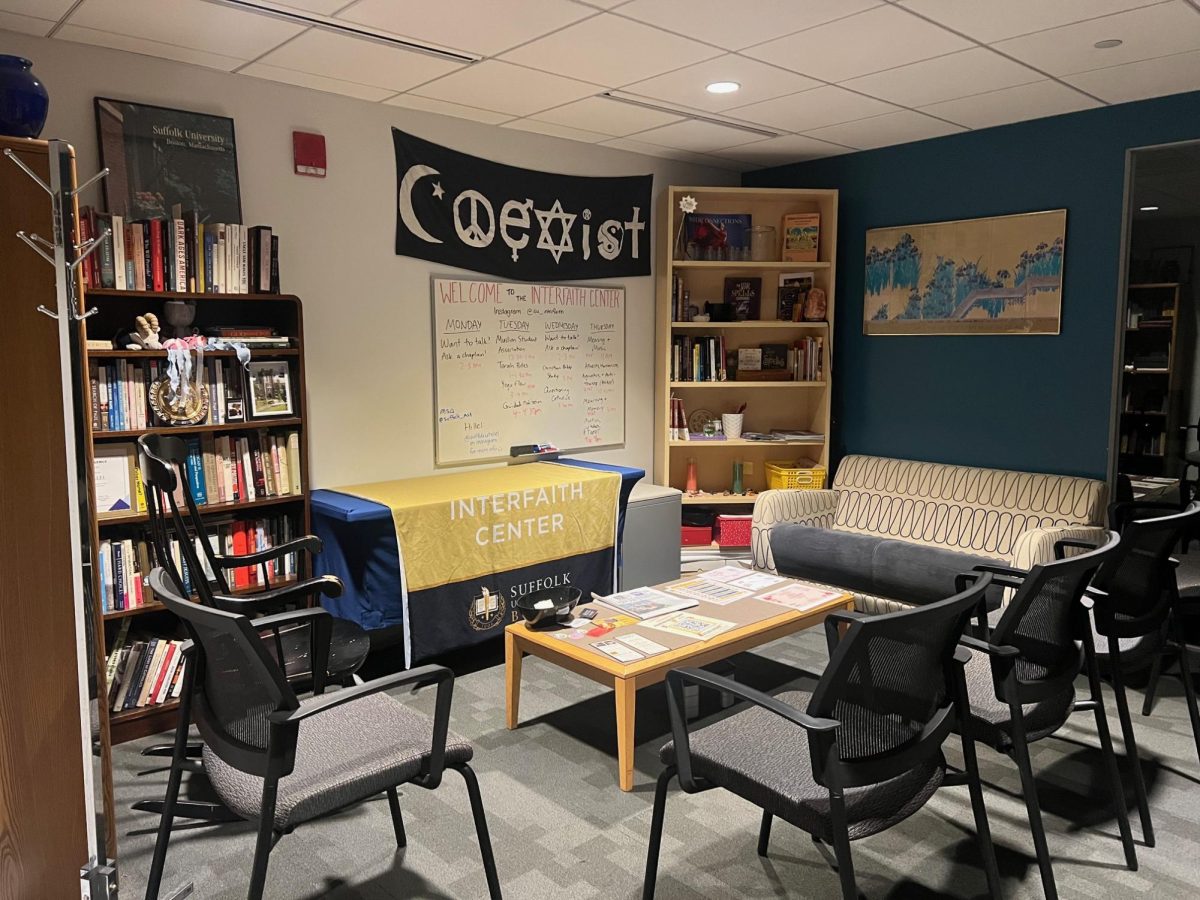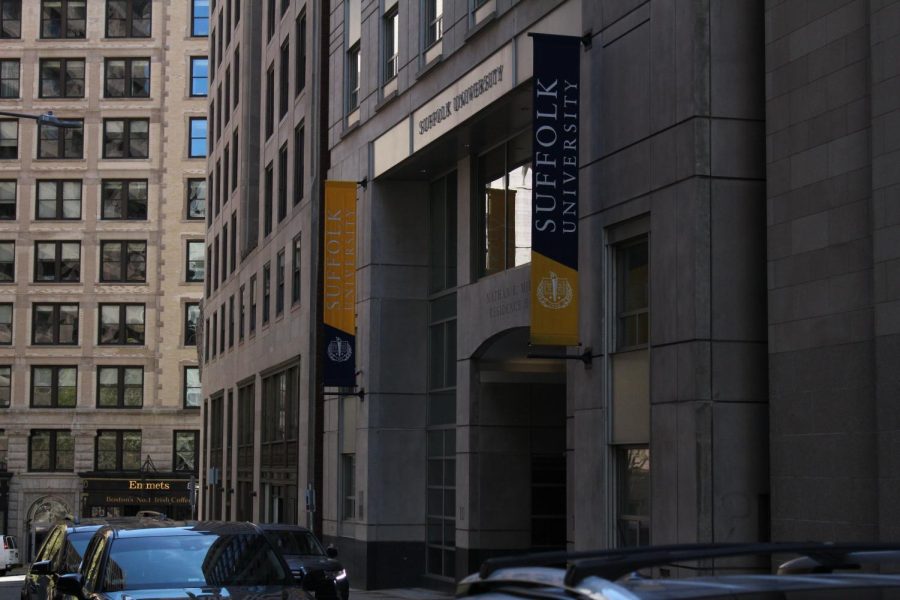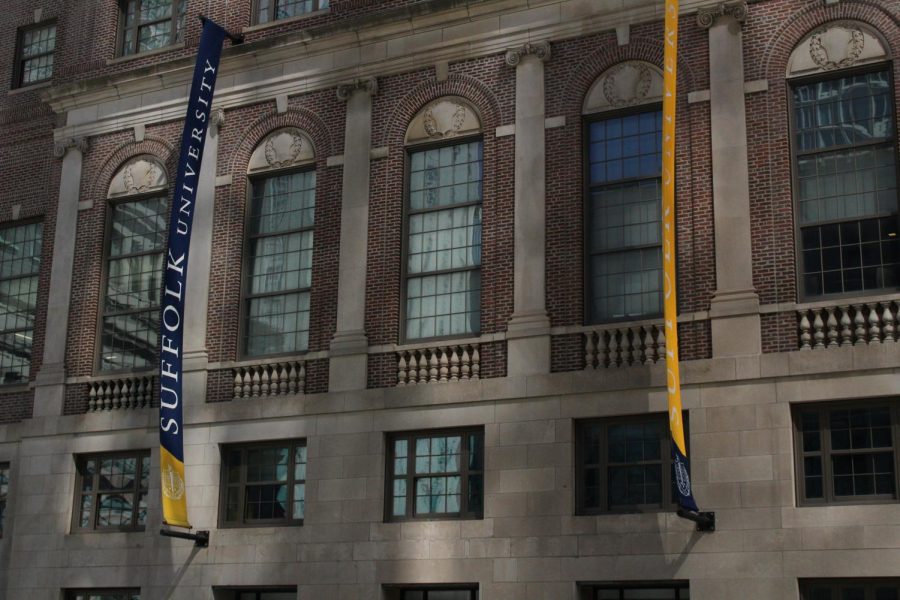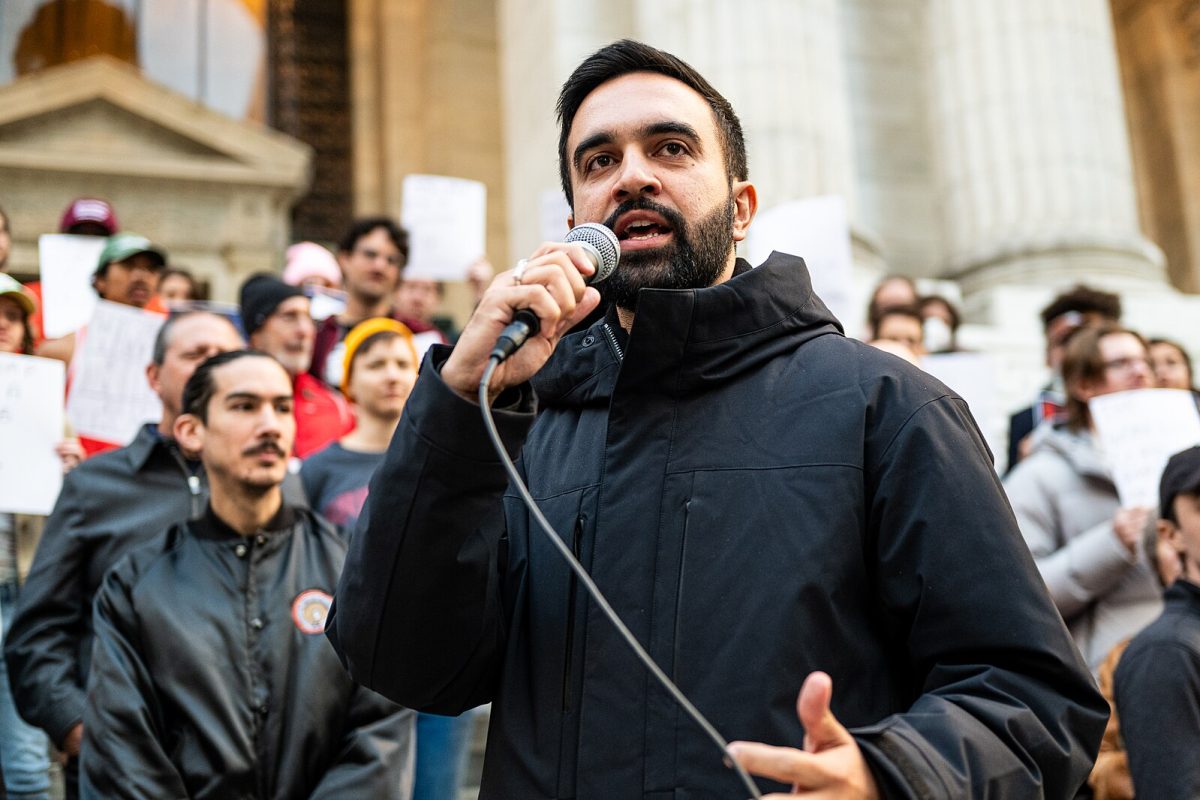As the Suffolk University Mock Trial Team takes home a trophy for their win at the Boston Regional Tournament, they are preparing for the next stage of competition at the Opening Round Championship.
The team, founded in September 2006, will compete for the third time in the championship.
Hosted by Pennsylvania State University in March, the Mock Trial Team will compete against other top schools including Columbia University, Rutgers University, Brown University, Yale University, and Tufts University.
The Opening Round Championship consists of two judges, who rank each team based on points. The team with most points on ballot wins out of four rounds. They will compete against 24 other teams, and the top seven teams move on to the national tournament in Cincinnati, Ohio.
The team finished among the top seven teams at the Boston Regional Tournament by taking on the roles of the prosecution/plaintiff or the defense and another team from another school takes on the opposing role.
“This is a huge accomplishment for our team and ultimately our school,” said team president Zachary Werth. Werth is currently a junior at Suffolk, and became president this year after joining the team his sophomore year.
The Mock Trial Team is the only competitive team at Suffolk that competes with predominantly Ivy League schools, according to Werth.
The team meets twice a week in order to prepare for competition, and average 20 to 25 hours a week of practice, Werth said. During practice, the team builds cases, perfecting their direct and cross examinations for the courtroom, and run through specialized drills to improve their skills, Werth said.
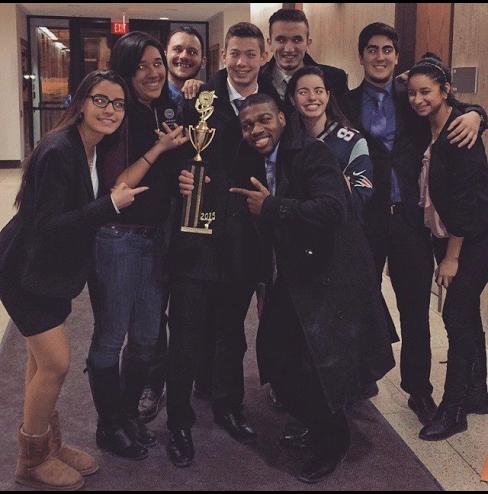
“We also do scrimmages against other schools throughout the year on top of tournaments, so we are constantly doing mock trial,” Werth said.
In order to prepare for the championship, the team meets to fit in “lots and lots of practice,” Werth said. “We have to develop a natural relationship with each other so that our witnesses don’t look scripted,” he said.
Werth expects other members to also prepare outside of practice. “I want everyone to come in with questions so they can learn something,” he said.
The team invites past members, law school students, and lawyers to practices to give students their expertise, he said. “We’re student-run, but we have a team of direct coaches.”
Being on the team gives students the opportunity to experience the courtroom in a realistic setting by putting them in an attorney or witness position “while litigating a case in front of a judge and jury inside the courtroom,” their Facebook page says.
“If you give a better performance, your team gets more points,” Werth said. One member on the team, Johanny Quezada, a government major with a background in acting, is able to give a convincing performance when she plays a mother of a victim on the stand, he said. “She can cry on demand, and I hand her a tissue. It’s a performance,” said Werth.
After graduation, Werth hopes to turn what he has learned through mock trial to real life experience. “I plan on going to law school … my dream is Columbia University. I want to be a litigation lawyer,” he said.
Not only does the Mock Trial Team give students at Suffolk a real life representation of what they’re studying, Werth said the team spends so much time together that they are like a family.
The team also grows close with other schools in competitions. “That’s the most rewarding part, meeting new people from other teams, we build a lot of friendships and connections,” he said.




